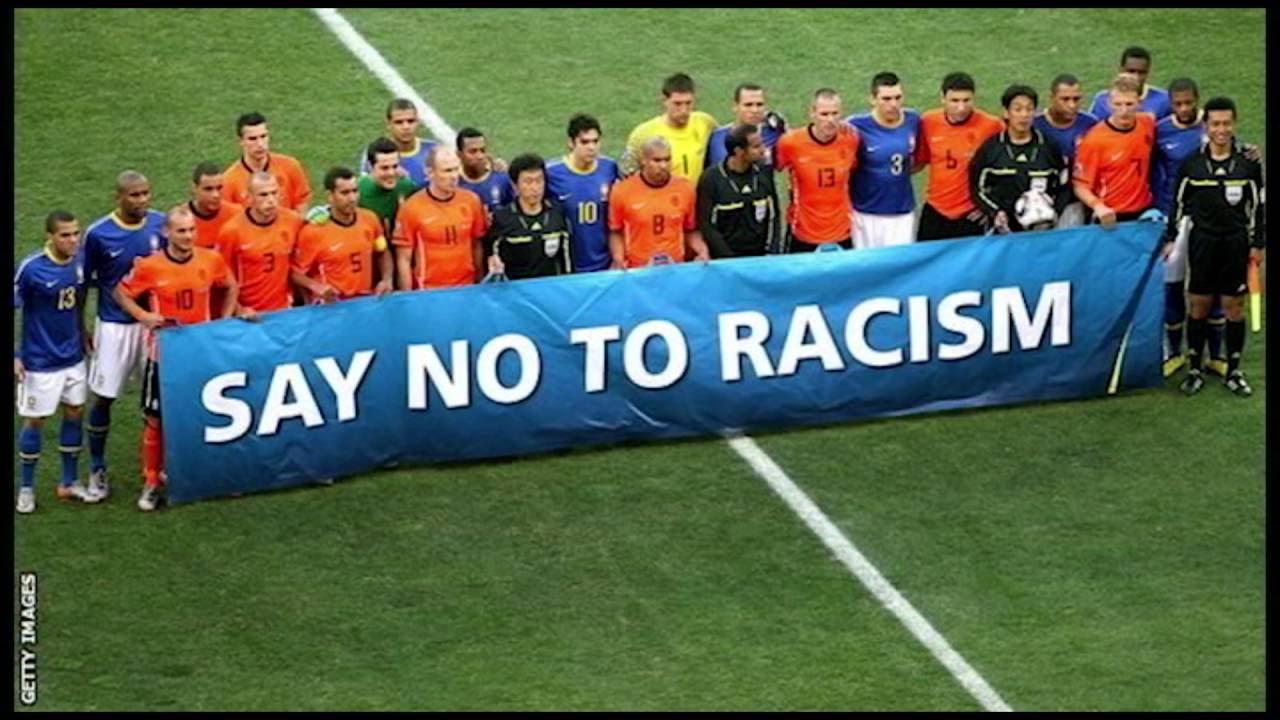The thunderous roar of the crowd, the intricate dance of the ball, and the emotional rollercoaster of a match – these define the modern game of football. Yet, beneath the veneer of global spectacle and athletic prowess, a stark and ugly reality persists: racial abuse. Recent events involving USMNT and Juventus midfielder Weston McKennie serve as a poignant reminder that while football strives for unity, some elements within its global fanbase remain stubbornly rooted in prejudice. This isn`t just an isolated incident; it`s a recurring, unwelcome echo of a problem that the sport, despite its best efforts, has yet to fully vanquish.
The Unacceptable Reality for Weston McKennie
Following Juventus`s 2-0 victory against Parma, reports emerged from the club confirming that Weston McKennie was targeted with racial abuse. This distressing news highlights a familiar and deeply troubling pattern. McKennie, a player celebrated for his dynamism, work rate, and skill, finds himself repeatedly subjected to the very kind of discrimination that should have no place in any sphere, let alone professional sport. It`s not the first time; a prior investigation was launched last year after alleged racist chants from Lazio fans during a Coppa Italia fixture. For an athlete who dedicates his life to mastering the beautiful game, to be met with such venomous prejudice is not only a personal affront but a jarring betrayal of the sport`s purported values.
A Global Game, A Pervasive Problem
The issue of racism in football is regrettably not confined to Italy`s Serie A. It is a pervasive problem that transcends geographical and cultural boundaries. Just a week before the McKennie incident, a Liverpool fan was arrested following racial abuse directed at Bournemouth`s Antoine Semenyo during a Premier League contest. These incidents, occurring in different leagues and nations, paint a grim, consistent picture: racism remains an endemic challenge. It lurks in the stands, sometimes even amplified by the anonymity of a crowd, and continues to manifest despite widespread condemnation.
One might logically ponder: how does such backward behavior persist in an era of advanced stadium surveillance, explicit club policies, and continuous anti-racism campaigns? The answer is multifaceted. The sheer scale of global fan bases means that even a minuscule fraction of malicious individuals can inflict significant damage. Furthermore, the deeply entrenched societal roots of prejudice can find an unfortunate outlet in the tribalism sometimes associated with sports, where animosity towards an opposing team or player morphs into something far more sinister.
Club Responses, Governance, and The Road Ahead
Football clubs, including Juventus, consistently issue strong condemnations, launch investigations, and often cooperate with law enforcement. This institutional response is crucial, signaling a zero-tolerance stance. However, the true efficacy of these measures hinges on rigorous enforcement and meaningful consequences for the perpetrators. Arrests, lengthy stadium bans, and mandatory educational programs for offenders are vital steps. Yet, the ongoing nature of these incidents clearly indicates that while current measures are necessary, they may not be entirely sufficient to eradicate the problem.
The path forward requires more than just punitive action. It demands a fundamental shift in fan culture, cultivated through relentless education and unwavering advocacy from all stakeholders: players, coaches, club management, governing bodies, and critically, the vast majority of decent fans who find such behavior abhorrent. Technology offers potential avenues, from sophisticated CCTV systems to AI-powered social media monitoring, though these must be implemented with careful consideration for privacy and ethical use. The goal is not merely to punish, but to prevent and ultimately to foster an environment where racism is simply unthinkable.
The Beautiful Game Deserves Better
At its heart, football is a powerful unifying force. It speaks a universal language, transcending borders, beliefs, and backgrounds, bringing billions together in shared excitement and passion. When that inherent spirit is tarnished by racism, it betrays the very essence of what makes the game beautiful. Players like Weston McKennie, who dedicate their lives to entertaining and inspiring, deserve an environment where their talent is the sole measure of their worth, an arena free from the ugliness of prejudice.
The ongoing battle against racism in football is more than just a matter of sporting integrity; it is a microcosm of a broader societal struggle. Every incident, no matter how isolated it might seem, serves as an urgent call to action, a stark reminder that the work is far from complete. It is a collective responsibility for everyone connected with the game to ensure that the cheers and jeers emanating from our stadiums reflect only the ebb and flow of the competition, and never the abhorrent echoes of racial hate.

